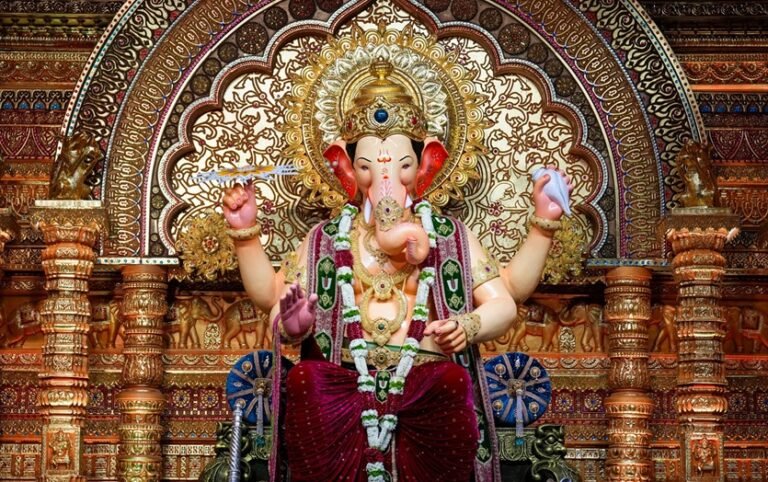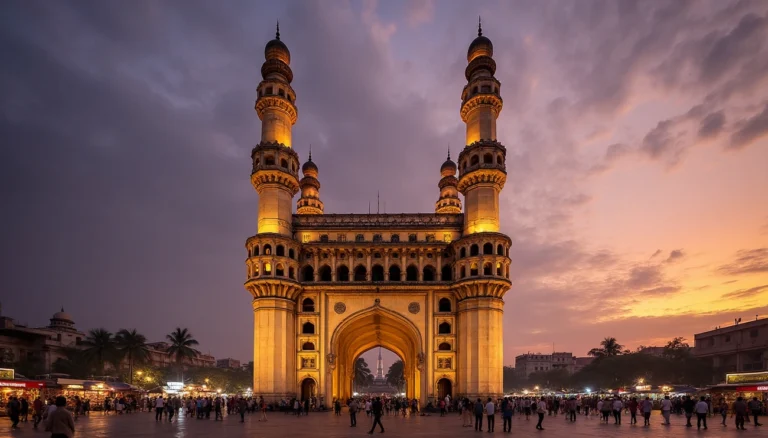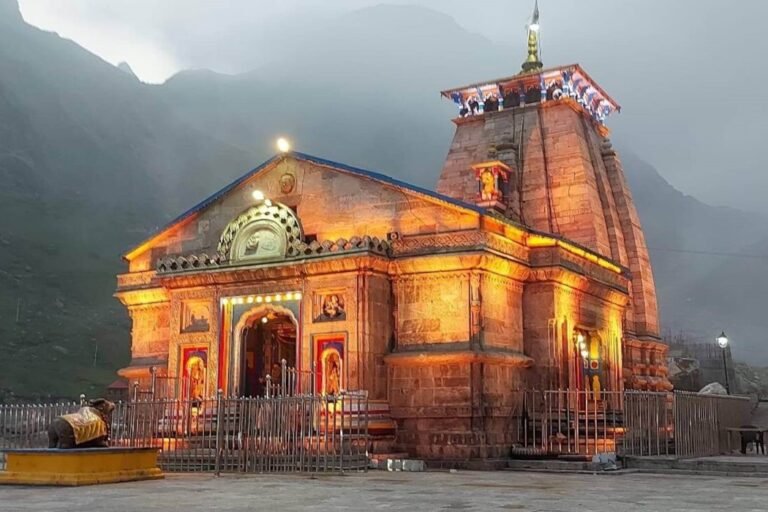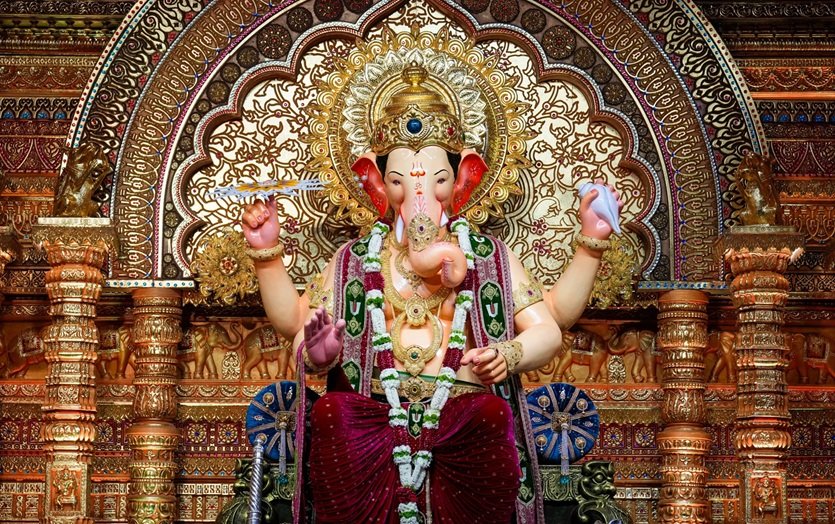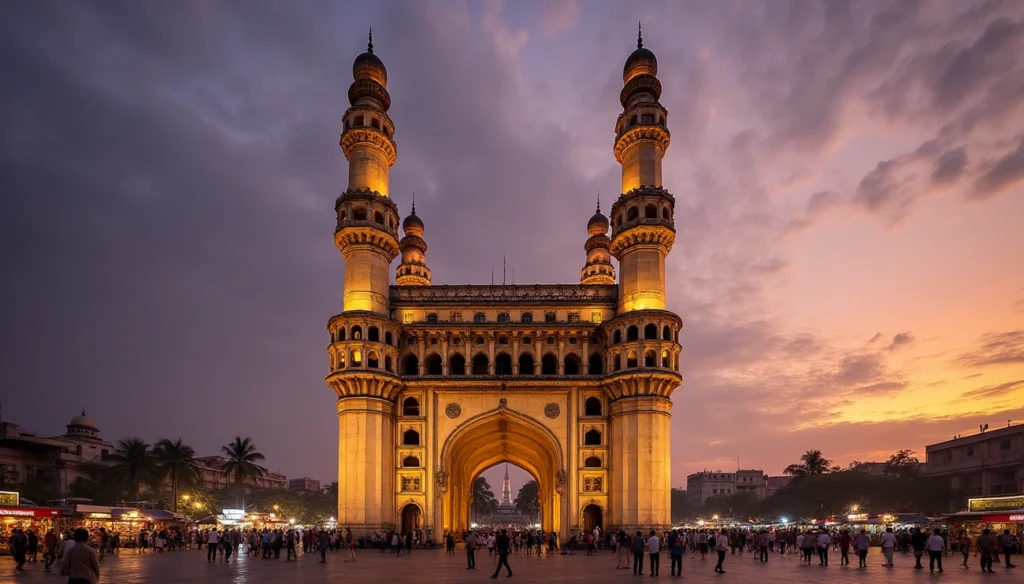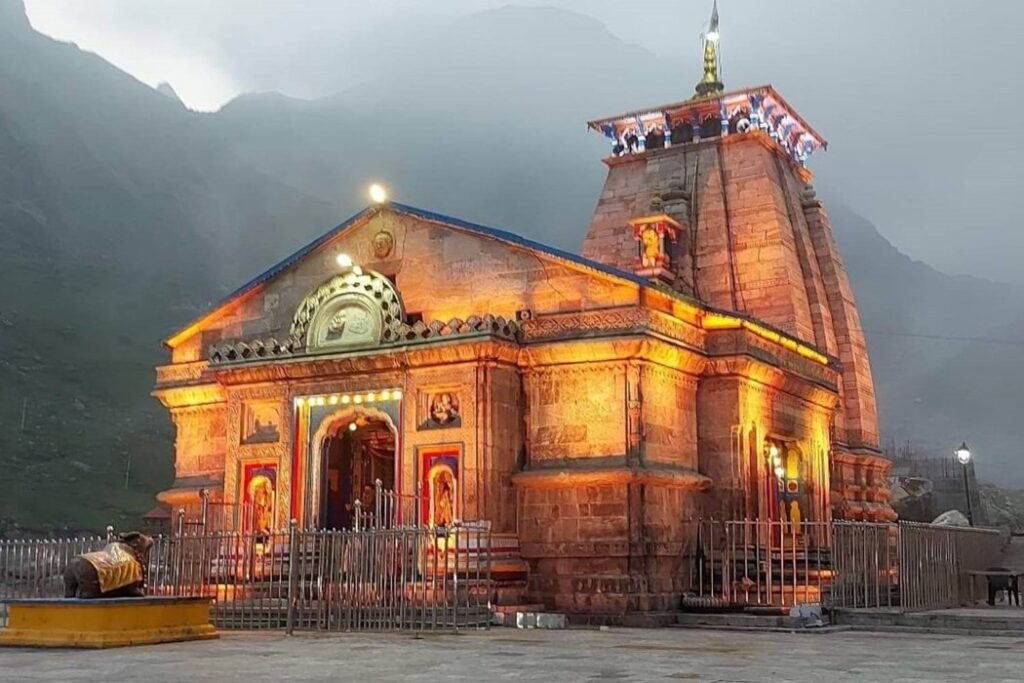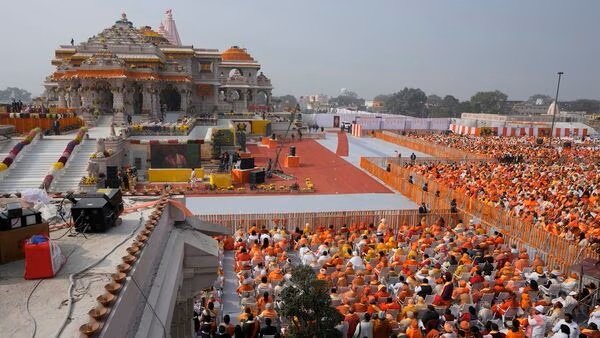Mahatma Gandhi was one of the most influential figures in the history of India and the world. He was a lawyer, a nationalist, and a political ethicist who employed nonviolent resistance to lead the successful campaign for India’s independence from British rule. He inspired movements for civil rights and freedom across the world.
## Early Life and Education – Mahatma Gandhi
Mahatma Gandhi was born as Mohandas Karamchand Gandhi on October 2, 1869, in Porbandar, a coastal town in Gujarat, India. His father was the chief minister of Porbandar State, and his mother was a devout Hindu. Gandhi grew up in a traditional Hindu family that followed the Vaishnava sect.
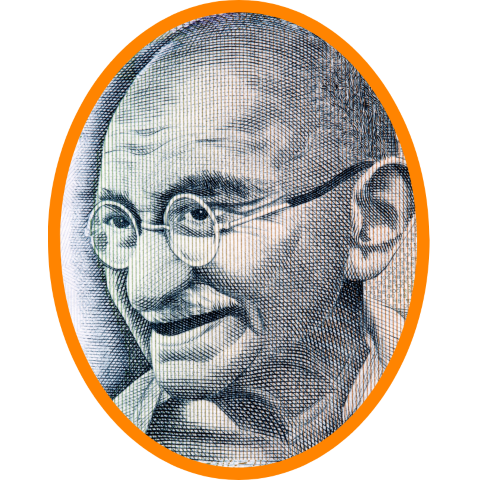
Gandhi was married at the age of 13 to Kasturba, a girl of the same age from a merchant family. He had four sons with her: Harilal, Manilal, Ramdas, and Devdas.
Gandhi received his primary education in Porbandar and Rajkot, where he learned English, arithmetic, history, and geography. He was an average student who was shy and timid. He was influenced by the stories of Harishchandra and Shravana, which taught him the values of truth and service.
At the age of 18, Gandhi went to London to study law at the Inner Temple, one of the four Inns of Court. He faced many challenges in adapting to the British culture and lifestyle. He also experimented with different religions and philosophies, such as Christianity, Buddhism, Theosophy, and Vegetarianism.
Gandhi completed his law degree in 1891 and returned to India. He tried to establish a law practice in Bombay (now Mumbai) and Rajkot, but he failed to attract many clients. He was also not comfortable with the British legal system, which he found unjust and oppressive.
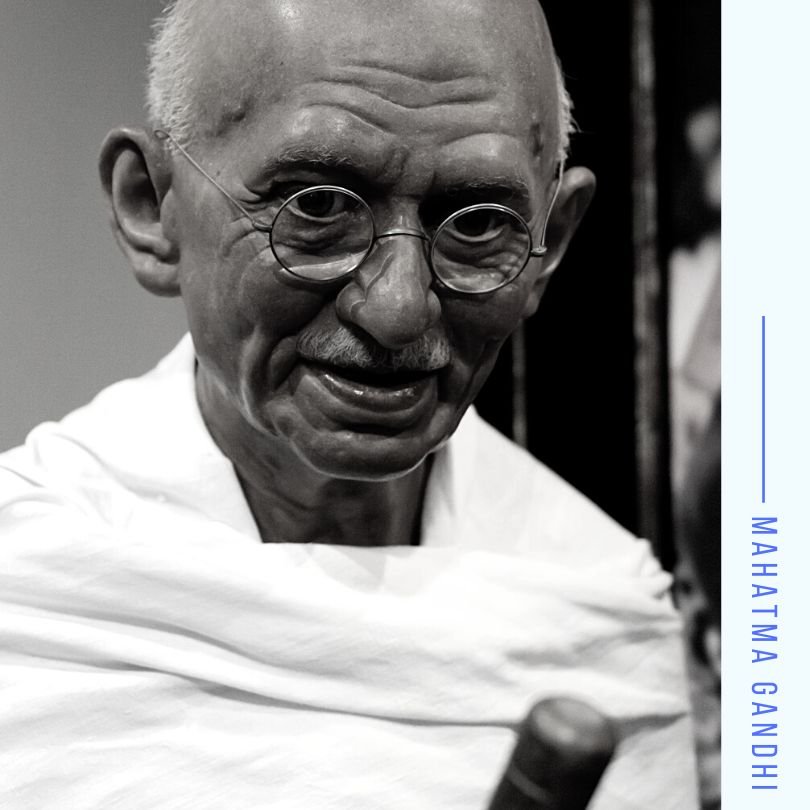
## South Africa Years
In 1893, Gandhi accepted an offer from an Indian merchant named Dada Abdulla to work as a lawyer for his cousin’s business in South Africa. He planned to stay there for only one year, but he ended up living there for 21 years.
South Africa was then under British colonial rule, and Indians faced racial discrimination and oppression. Gandhi experienced this firsthand when he was thrown off a train for refusing to move from a first-class compartment to a third-class one. He also witnessed how Indians were denied voting rights, subjected to heavy taxes, forced to carry passes, and segregated from whites.
Gandhi decided to fight against these injustices using nonviolent methods. He founded the Natal Indian Congress in 1894 to organize the Indian community and lobby for their rights. He also started a newspaper called Indian Opinion to spread his ideas and campaigns.
Gandhi developed his own philosophy of nonviolence, which he called satyagraha (meaning “truth force” or “soul force”). He believed that truth and love were the ultimate weapons against oppression and violence. He advocated civil disobedience, passive resistance, non-cooperation, boycotts, strikes, and fasting as ways of expressing dissent and exerting pressure on the authorities.
Gandhi organised numerous satyagraha activities in South Africa to challenge the country’s anti-Indian laws and policies. His successful campaigns include:
The Transvaal Asiatic Registration Act (1906), which mandated that all Indians obtain government identification cards and register with the government.
– The Immigration Restriction Act (1907), which imposed restrictions on Indian immigrants into Transvaal.
– The Black Act (1908), which placed additional limitations on Indians’ freedom to move around, engage in commerce, and own property. – The Indian Relief Act (1914), which, following a protracted battle, gave Indians certain
Gandhi’s activities drew notice and support on a global scale. Many South Africans, including some whites, came to respect him as well. Rabindranath Tagore, a poet, bestowed upon him the title of “Mahatma,” which translates as “great-soul” or “venerable,” on him.
Gandhi’s time in South Africa influenced his political and ethical outlook. He gained knowledge of how to coordinate large-scale protests, mobilise the populace, engage in political negotiations, and put up with sufferings for a cause. He also established his spiritual philosophy, which placed an emphasis on nonattachment, service, simplicity, and independence.
## Return to India
Gandhi left South Africa in 1915 after living there for 21 years. Millions of Indians welcomed him and looked up to him as a leader and a hero. He joined the Indian National Congress (INC), the country’s dominant political force that sought independence from Britain.
Gandhi toured the entirety of India to learn about the issues and goals of the populace. He observed the widespread sickness, exploitation, illiteracy, and poverty. He also saw the intricacy and diversity of India’s ethnic, religious, and cultural groupings.
Gandhi recognised that India’s demands extended beyond only maintaining its political freedom. Additionally, advancements in the social, economic, and cultural spheres were needed. His vision for India was an autonomous, unified nation based on the principles of swaraj (meaning “self-rule” or “self-government”), swadeshi (meaning “self-reliance” or “indigenous”), and sarvodaya (meaning “welfare of all” or “upliftment of all”).
Gandhi became the leader of the INC in 1921 and launched a series of campaigns of nonviolent resistance against British rule. Some of his major campaigns were:
– The Non-Cooperation Movement (1920-1922), which involved boycotting British goods, institutions, courts, and taxes, and promoting Indian-made products, education, and justice.
– The Civil Disobedience Movement (1930-1934), which involved breaking the British-imposed salt tax by making salt from seawater, and organizing mass protests, marches, and raids on salt depots.
– The Quit India Movement (1942-1944), which involved demanding immediate and unconditional independence from Britain, and urging Indians to do or die for the cause.
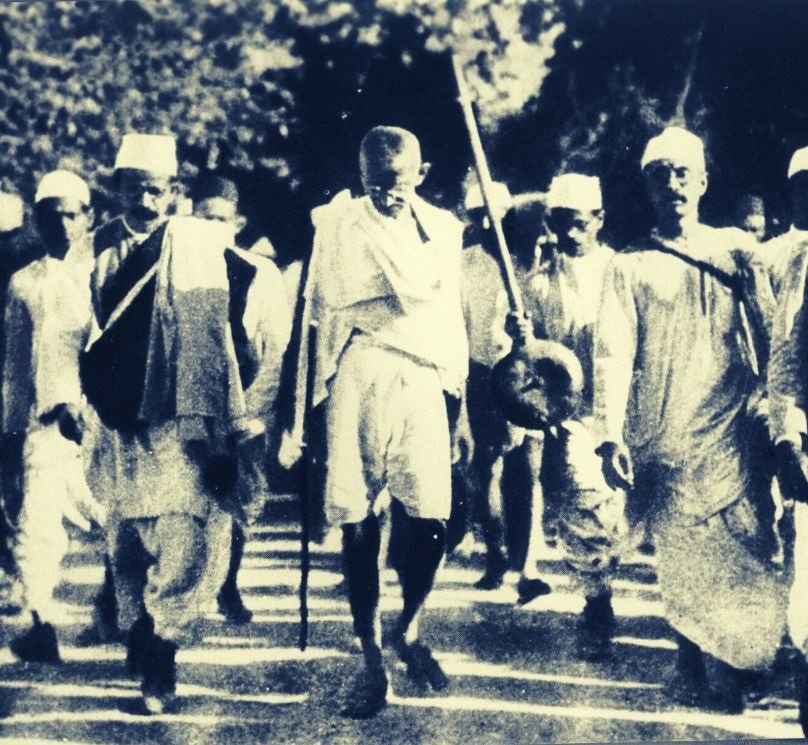
Gandhi’s campaigns galvanized millions of Indians from all walks of life to join the freedom struggle. He also inspired many other leaders and activists, such as Jawaharlal Nehru, Subhas Chandra Bose, Vallabhbhai Patel, Rajendra Prasad, Sarojini Naidu, Khan Abdul Ghaffar Khan, Bhagat Singh, and Rani Lakshmibai.
Gandhi’s campaigns also challenged the British authority and legitimacy in India. He negotiated with several British officials and representatives, such as Lord Irwin, Lord Wavell, Lord Mountbatten, and Stafford Cripps. He participated in several conferences and round-tables, such as the Second Round Table Conference in London in 1931, and the Simla Conference in 1945.
Gandhi’s campaigns also faced many obstacles and setbacks. He was arrested and imprisoned several times by the British government. He also faced opposition and criticism from some Indians who disagreed with his methods or goals. He also had to deal with the rising communal tensions and violence between Hindus and Muslims in India.

## Legacy and Death
Gandhi’s efforts finally paid off when India achieved its independence from Britain on August 15, 1947. However, he was deeply saddened by the partition of India into two separate states: India and Pakistan. He tried to prevent the partition and promote harmony between Hindus and Muslims. He also appealed to the people to refrain from violence and revenge.
Gandhi continued to work for peace and justice in independent India. He advocated for the rights of the untouchables (the lowest caste in Hindu society), whom he called Harijans (meaning “children of God”). He also supported the causes of women’s empowerment, rural development, education, health, and environment.
Gandhi was assassinated on January 30, 1948, by Nathuram Godse, a Hindu extremist who blamed him for appeasing Muslims. Gandhi was shot three times at point-blank range while he was on his way to a prayer meeting in New Delhi. His last words were “Hey Ram” (meaning “Oh God”).
Gandhi’s death shocked and mourned by millions of people around the world. He was cremated according to Hindu rites at Raj Ghat in New Delhi. His ashes were scattered in various rivers and seas across India and abroad.
Gandhi is widely regarded as one of the greatest leaders and humanitarians of all time. He is revered in India as the Father of the Nation and the Mahatma. He is also honored by many other countries and organizations for his contributions to humanity. Some of his honors include:
– The Time Person of the Year in 1930.
– The Nobel Peace Prize nominee in 1937, 1938, 1939, 1947, and 1948.
– The United Nations International Day of Non-Violence on October 2.
– The Gandhi Peace Prize by the Government of India since 1995.
– The Gandhi-King Award by the World Movement for Nonviolence since 1999.
– The Gandhi Statue at Parliament Square in London since 2015.
Gandhi’s life and teachings have influenced many other leaders and movements for peace and justice around the world. Some of his followers include Martin Luther King Jr., Nelson Mandela, Dalai Lama, Aung San Suu Kyi, Desmond Tutu, Malala Yousafzai, Barack Obama, and many more.
Gandhi’s legacy lives on in his words and deeds that inspire millions of people to strive for a better world. As he said:
“Be the change that you wish to see in the World.”


